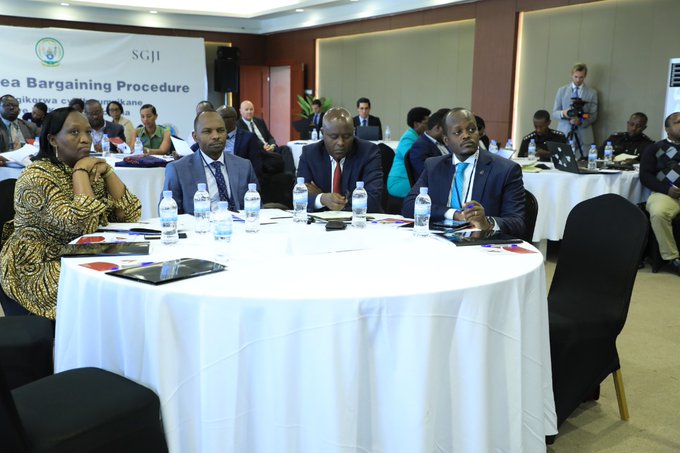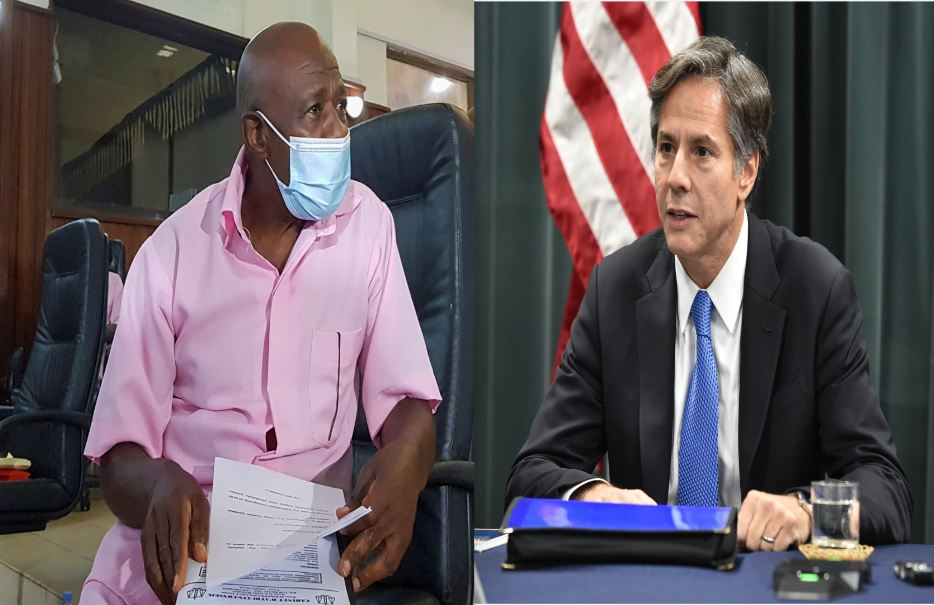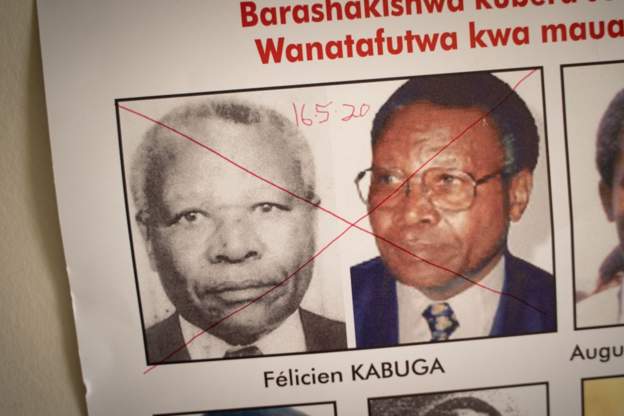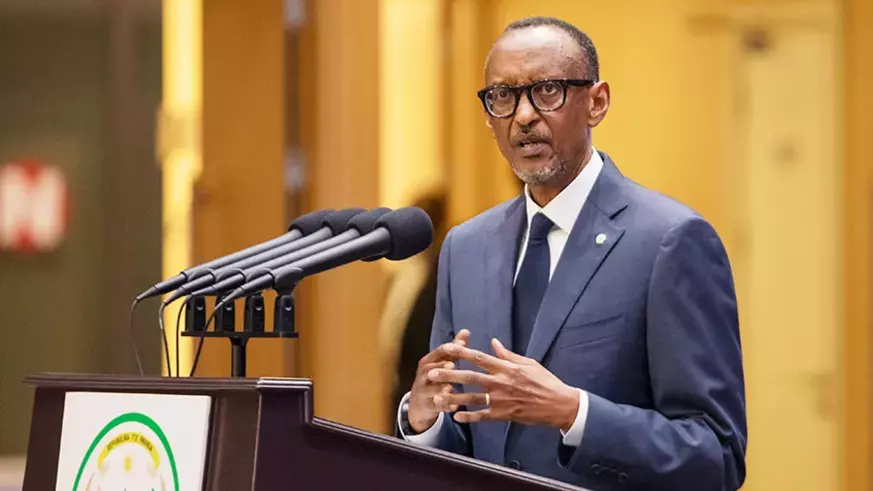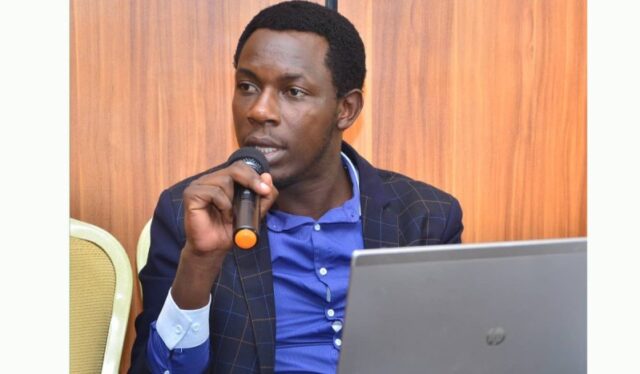
In the heart of Rwanda’s legal system, journalist Manirakiza Theogene finds himself entangled in a complex web of conflicting laws, battling for his freedom and the very essence of journalistic integrity. The case of Manirakiza brings to light a legal quagmire that has raised fundamental questions about the nature of defamation and freedom of the press in Rwanda.
The central issue in Manirakiza’s case is the apparent conflict of laws governing defamation in Rwanda. His lawyers argue that while defamation is not considered a crime in Rwanda, threatening to defame should not be a criminal offense either. This perplexing dichotomy arises from the fact that defamation is addressed in criminal law, yet it can only be tried in civil, labor, and administrative cases. Lawyer Ibambe Jean Paul, who is defending Manirakiza, contends that the crime of defamation threats should not result in imprisonment because it is not clear whether Rwanda punishes defamation itself. This legal ambiguity has thrown Manirakiza into a legal limbo, with his freedom hanging in the balance.
Furthermore, the case spotlights the divergence in the definitions of defamation within different laws. The contradiction emerges from the definitions provided by two separate pieces of legislation: the Law N°02/2013 of 02/08/2013 regulating the media and Law Nº 68/2018 of 30/08/2018 determining offenses and penalties in general.
The media law defines defamation as “intentional false communication, either through oral or written statements, visual elements, photographs, or gestures with the intention to harm a person’s reputation and respect.” However, Law Nº 68/2018 introduces a new layer of complexity by suggesting that there are circumstances in which the truth may be considered blasphemous. Article 129 of this law outlines the act of blackmail, which involves demanding something from someone under the threat of disclosing information, whether true or false, that could damage their reputation. This leaves room for interpretation, as the question of what constitutes a “true” statement in a blackmail context becomes pivotal.
The conflict of laws showcased in Manirakiza’s case is not an isolated incident within Rwanda’s legal framework. The country has seen numerous provisions challenged before the Supreme Court, with some being invalidated due to their unconstitutionality or conflicts with other laws. This ongoing legal struggle highlights the need for clarity and consistency in Rwanda’s legal system.






